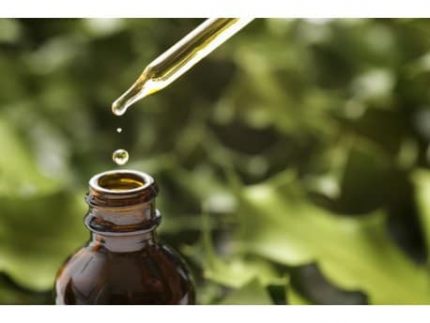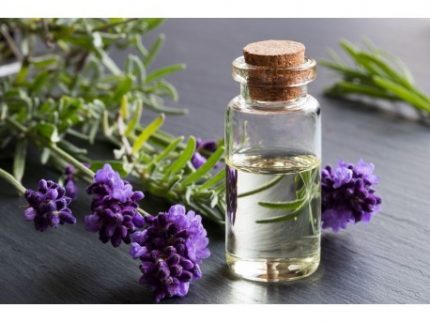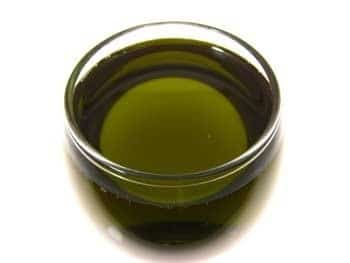Tea tree oil is a popular choice for treating acne because of its anti-inflammatory and antimicrobial properties. It is thought to calm redness, swelling, and inflammation. It may even help to prevent and reduce acne scars leaving you with smooth and clear skin.
Tea tree oil can be used to treat conditions and symptoms that affect skin, nails, and hair. It can also be used as a deodorant, insect repellent, or mouthwash. When used topically, tea tree oil can treat certain skin conditions or improve the overall appearance of your skin.
Dry skin and eczema
Tea tree oil can help soothe dry skin by reducing itching and irritation. Also, it’s been shown to be more effective than zinc oxide and clobetasone butyrate creams in treating eczema.
How to use
Mix a few drops of tea tree oil into a small amount of moisturizer or carrier oil. Apply this mixture to the affected areas immediately after getting out of the shower and at least once more each day.
Oily skin
The antiseptic properties of tea tree oil may contribute to its ability to combat oily skin. A small 2016 study found that participants who used a sunscreen containing tea tree oil for 30 days showed improvements in oiliness.
How to use
Mix a few drops of tea tree oil into your toner, moisturizer, or sunscreen. You can add two drops of tea tree oil to bentonite clay to make a mask.
Itchy skin
The anti-inflammatory properties of tea tree oil make it useful in relieving the discomfort of itchy skin. It soothes the skin and can also help heal infections that cause itchy skin.
How to use
Mix a few drops of tea tree oil into a moisturizer or carrier oil and apply it to your skin a few times per day.
Inflammation
The anti-inflammatory effect of tea tree oil helps to soothe and relieve painful and irritated skin. It may also help to reduce redness and swelling.
Research supports that tree oil reduces inflamed skin due to skin sensitivity to nickel. This study used pure tea tree oil on the skin but it’s usually advised that you dilute tea tree oil with a carrier oil before applying it to the skin.
Infections, cuts, and wound-healing
The antibacterial properties of tea tree oil make it an effective wound healer.
According to a 2013 study, tea tree oil helps to heal wounds caused by bacteria. 9 out of 10 people who used tea tree oil in addition to conventional treatment showed a decrease in healing time compared to conventional treatment alone
Hair and scalp treatment
You can use tea tree oil to treat dandruff by removing chemicals and dead skin cells from the scalp. Using tea tree oil on your hair may help it to stay healthy and moisturized, promoting optimal growth.
How to use
Apply a mixture of tea tree oil and a carrier oil to your hair and scalp. Allow it to stay in your hair for 20 minutes. Then use a tea tree oil shampoo that contains 5-percent tea tree oil. Massage it into your scalp and hair for a few minutes before rinsing. Follow with a tea tree oil conditioner.
Psoriasis
Scientific research supporting the use of tea tree oil for psoriasis is lacking. However, anecdotal evidence suggests that tea tree oil may be useful in treating symptoms of psoriasis, such as infection and inflammation, while boosting immunity.
How to use
Dilute 1 to 2 drops of tea tree oil into a small amount of a carrier oil. Gently apply it to the affected area several times per day.











Reviews
There are no reviews yet.